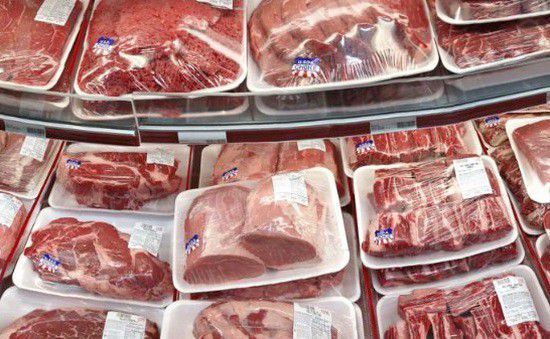Increasing meat imports are adding to the pressure on the country’s livestock industry brought by free trade agreements and the African swine flu epidemic, experts said.

Increasing meat imports are adding to the pressure on the country’s livestock industry brought by free trade agreements and the African swine flu epidemic, experts said.
Viet Nam imported 8,000 tonnes of pork and more than 142,000 tonnes of chicken in the first eight months of this year, three times the volume in the same period last year, according to the General Department of Customs report.
The imports are welcomed by consumers because of their cheap prices.
A kilogram of imported pork costs VND 27,000 (US$1.2) while domestic prices are around VND35,000 ($1.57), especially amid the havoc caused to the industry by African swine flu.
Pork is imported mainly from Brazil (40 per cent), Poland (15-17 per cent), Canada, the US, and Australia.
Chicken imported from the US costs only VND17,000-23,000 ($ 0.7 to 1) per kilogramme compared to more than VND 30,000 ($1.3) for local products.
The US exports more than 62,400 tonnes of chicken to Viet Nam worth $48.6 million.
The imports are cheap because exporting countries have highly specialised and automated livestock industries, the farming is developed in closed chains and, above all, in many places they genetically modify animals to make them grow faster and bigger.
In Viet Nam, nearly everything used in livestock farming, from young animals and feed to medicines, come from imports, and as a result costs are high.
Households are the major players in the livestock industry, but they do not work together as part of a production chain, and companies have not been able to integrate them into their operations.
Meat imports are expected to increase further with the signing of the EU-Viet Nam Free Trade Agreement and other trade deals, which would see a reduction in tariffs.
Pham Thi Hong Hanh of the Ministry of Agriculture and Rural Development said that import tariff on beef from the EU would drop from 5 – 30 per cent to zero within three to five years.
The tariffs will go after 10 years on pork and 14 years on poultry. — VNS





